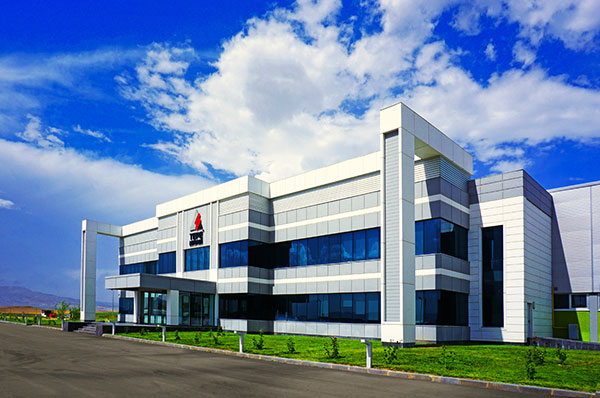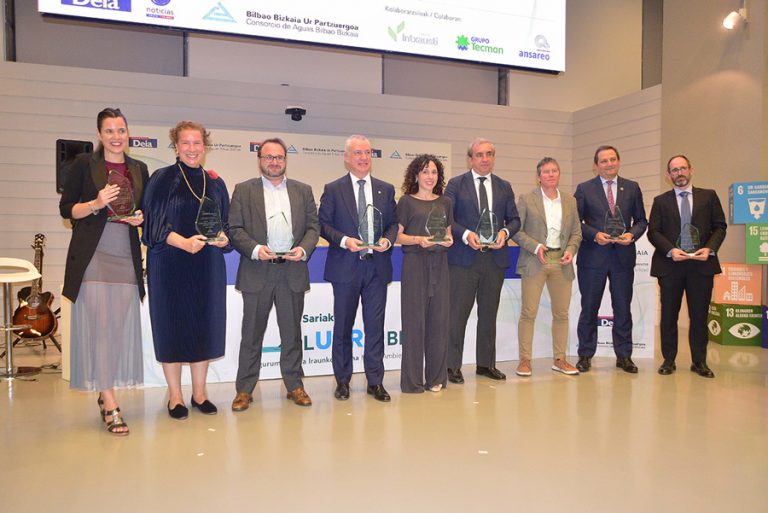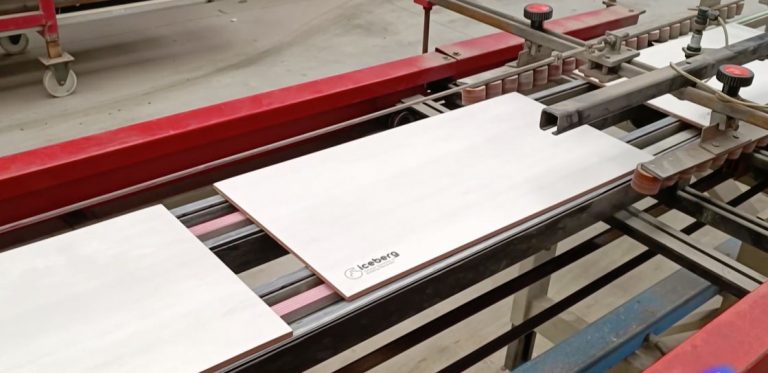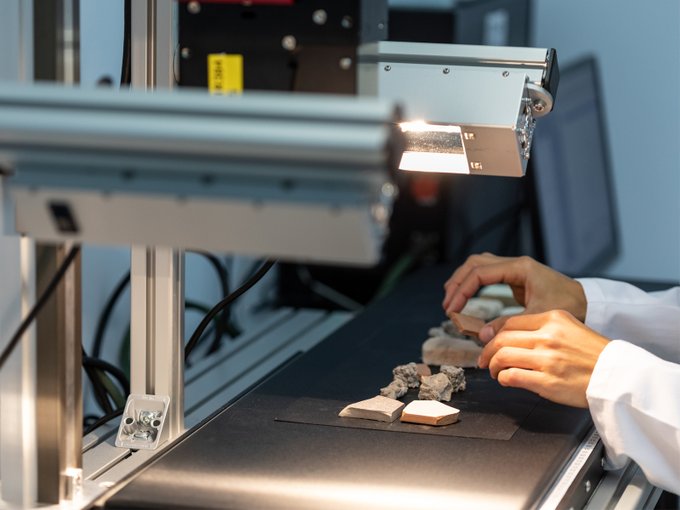- ICEBERG is entering its final stretch with an eye on the six case studies on the circularity of concrete, ceramics, wood, wood, gypsum, insulating foams and superinsulation materials.
The ICEBERG Project, which is led by TECNALIA Research & Innovation and includes the participation of 35 public and private organisations from ten European countries, is now in the closing stages of its work. ICEBERG will hold its General Assembly on October 17 and 18 in Ankara (Turkey), featuring presentations and discussions focusing on the six case studies on the circularity of concrete, ceramics, wood, gypsum, insulating foams and superinsulation materials.
The event will take place in Ankara, in the facilities of Hacettepe University and Tepe Betopan, two of the partner entities, to deepen the circularity of construction. In addition, an open day will be held on the 19th, with the participation of local research centres, important financing entities and actors in the construction sector in Turkey. It will be a great opportunity to present the new ICEBERG technologies and establish key contacts in the Turkish market.

It is worth noting that the construction sector is one of the main sectors in Turkey, which is a large market for circularity applications. Still recent, the earthquakes at the beginning of 2023 left behind more than 200 million tonnes of construction and demolition waste, and the Turkish government has initiated several actions to solve this problem in a proper way.
The European ICEBERG project – acronym for Innovative Circular Economy Based solutions demonstrating the Efficient recovery of valuable material Resources from the Generation of representative End-of-Life building materials – is funded by the European Union as part of the Horizon 2020 Research and Innovation Framework Programme (contract No. 869336). It aims to address the circularity of the most commonly used materials in construction, ranging from the recovery and recycling of construction and demolition waste (CDW), to the development of more sustainable products.

The objective is to design, develop and validate innovative recycling systems and technologies, to make it possible to produce high-value recovered materials, that have a low level of impurities (less than 8%) and are safe. Validation will be carried out on an industrial scale by means of six case studies in different locations in Europe. This is also intended to improve the confidence and acceptability of recycled materials from construction waste.





